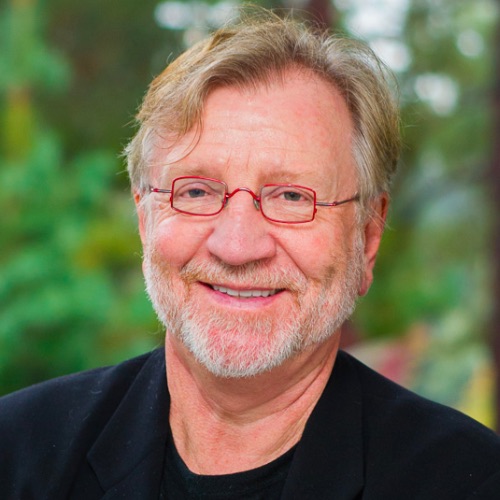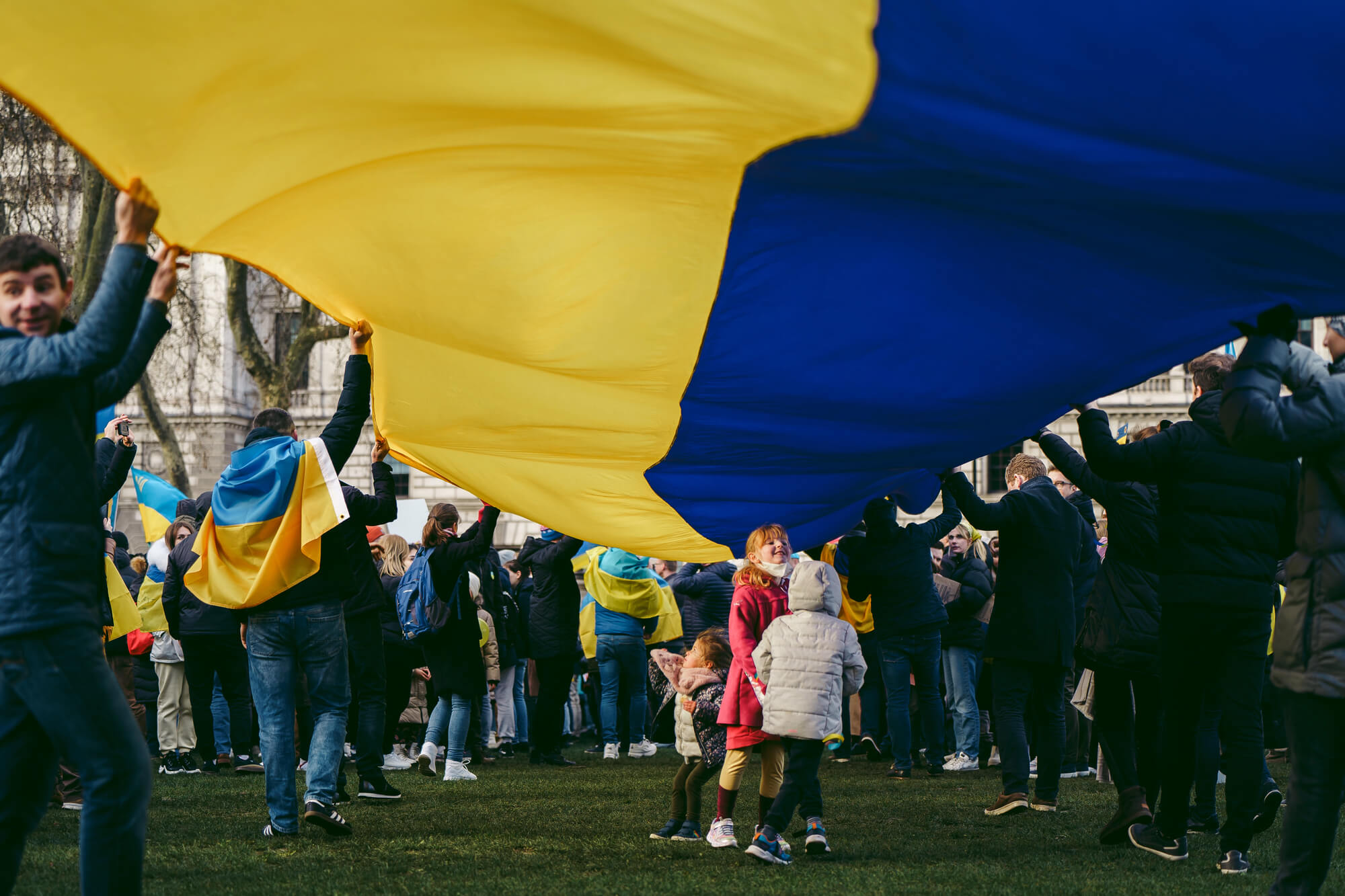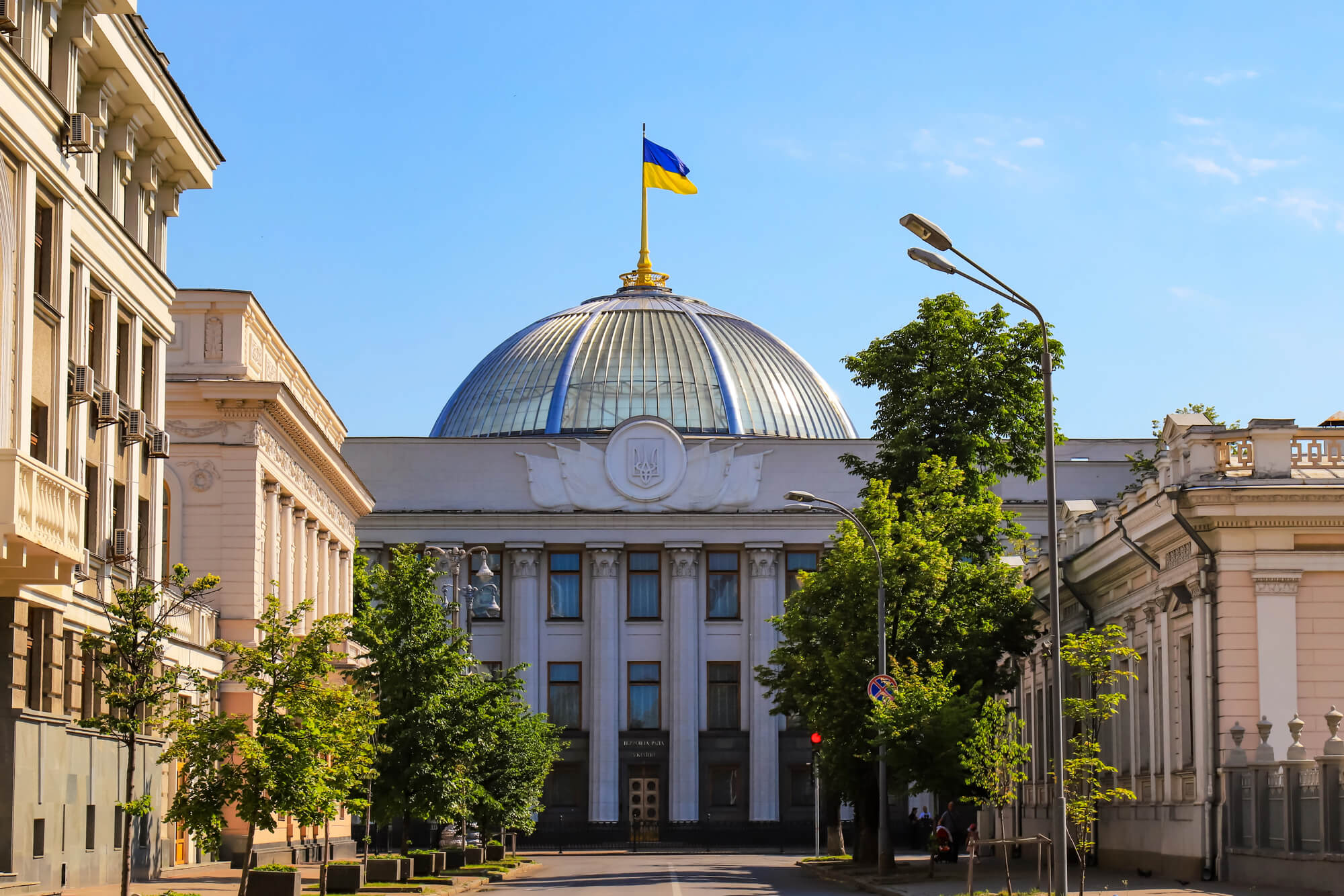Putin may or may not truly believe that last year’s anti-Russian uprising in Ukraine was the direct result of interference by the United States and the European Union. But there can be no doubting his awareness of the role that European ideals – and the possibility of EU membership – has played in motivating the struggle in Ukraine and constraining his actions.
If the world should have learned one thing from the recent months of tensions between Russia and the West, it is that Russian President Vladimir Putin’s strategic ambition and skill should never be underestimated. It is in this light that the West should view Putin’s recent overtures to some within the European Union.
Putin may or may not truly believe that last year’s anti-Russian uprising in Ukraine was the direct result of interference by the United States and the European Union. But there can be no doubting his awareness of the role that European ideals – and the possibility of EU membership – has played in motivating the struggle in Ukraine and constraining his actions.
The popular desire to join Europe’s community of democratic states was a key force behind the collapse of right-wing dictatorships in Greece, Spain, and Portugal in the 1970s. It also played a critical role in the collapse of communist regimes in Central and Eastern Europe after the fall of the Berlin Wall. And it certainly contributed to the ouster of Ukrainian President Viktor Yanukovych – a key Putin ally – in 2014. Indeed, the existence of a European model continues to guide and encourage those pursuing transparent, democratic governance in many post-communist countries.
There is no question that Putin would benefit from the EU’s demise. Europe’s attractiveness as a model of democratic governance would be greatly weakened. Aspiring EU member states would turn elsewhere.
Indeed, some current EU members, such as Hungary, where Euroskepticism and illiberal sentiment are already widespread, might be tempted to follow Putin down the path toward authoritarian rule. And countries in the region would be more exposed to Russian pressure and the temptations of Russian patronage.
Putin knows this, which is why the Kremlin has been reaching out to Euroskeptic parties and groups from both extremes of the political spectrum. In some cases, Russia may have actually provided financial assistance to these groups. In November, for example, Marine Le Pen, the leader of France’s far-right National Front, acknowledged that her party received a €9 million ($11 million) loan from a Russian state-owned bank.
Meanwhile, Russian oligarchs have been purchasing European newspapers, including The Independent, The Evening Standard, and France-Soir. The French newspaper Libération recently highlighted the extent of pro-Putin connections in French academia, think tanks (on both the left and the right), media, and business networks. And the state-owned energy giant Gazprom has been suspected of bankrolling anti-fracking activism in Lithuania and Romania.
Putin’s efforts appear to be bearing fruit. Despite the ongoing tensions between Russia and the West – or perhaps because of them – Putin enjoys remarkable support among some European intellectuals and politicians. The Kremlin’s portrayals of the uprising in Ukraine as a fascist coup, and of Russia’s annexation of Crimea and support for Ukrainian separatists as defensive, have been reproduced through a dense network of Putin supporters – including the Princeton University professor Stephen F. Cohen, Czech President Miloš Zeman, Hungarian Prime Minister Viktor Orbán, the German leftist Matthias Platzeck, and the Dutch rightist Geert Wilders – and media outlets.
Putin’s narrative may be reminiscent of Soviet propaganda. But that has not prevented it from being embraced by many at a time when the European project is already under great stress from the continent’s economic crisis.
A battle of values is looming. In one corner is the EU, standing for democracy, freedom, the rule of law, and institutionalized international cooperation; in the other stands Putin, representing authoritarianism, intolerance, and the use of force and intimidation as instruments of foreign policy.
Unfortunately, the European establishment is not doing enough to counter Moscow’s anti-European, divide-and-rule offensive. That is particularly true in Berlin, where the German government continues to promote austerity in the eurozone in the face of anemic economic growth and widespread unemployment.
If Putin has indeed set out to destroy the EU, such an approach is the best way to help him. Europe is in desperate need of growth, and achieving it will require bold leadership from the EU’s most important member state, Germany, and its most important leader, Chancellor Angela Merkel. The German public must be made to understand what is at stake – and why continuing on the current path could end up delivering the EU into Putin’s hands.
Initially published at Project Syndicate
Attention
The authors do not work for, consult to, own shares in or receive funding from any company or organization that would benefit from this article, and have no relevant affiliations





